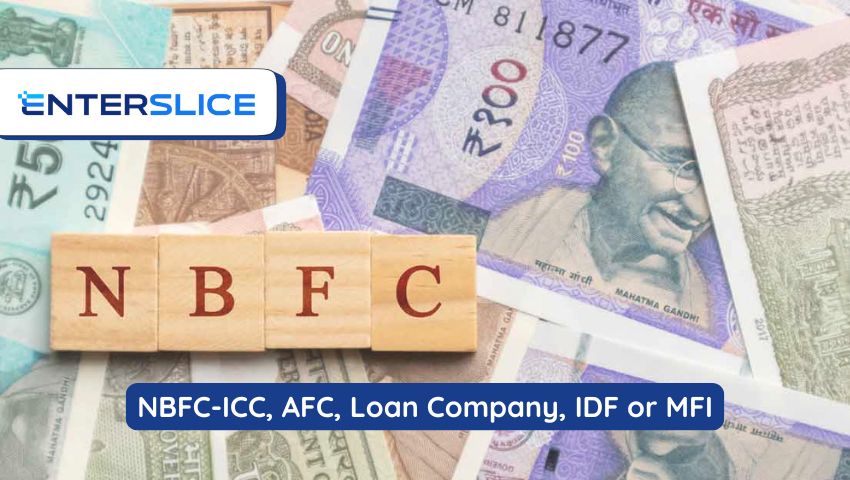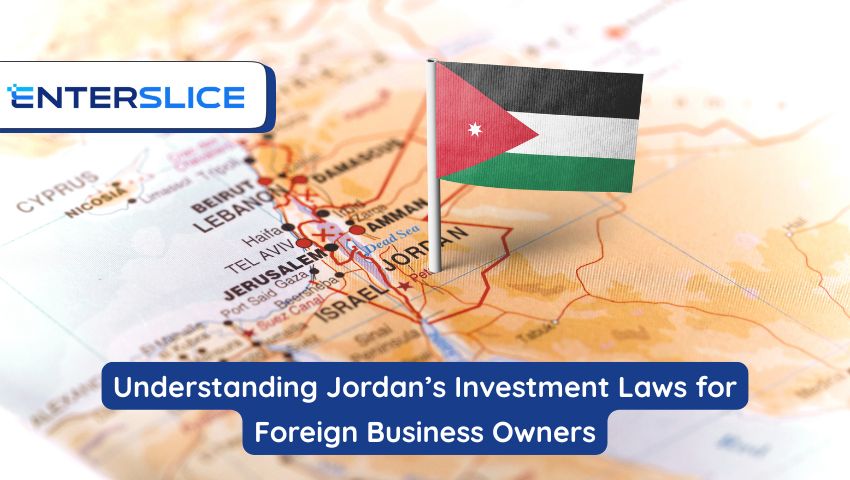If you’re planning to enter the lending or financial services space in India, registering a Non-Banking Financial Company (NBFC) is a smart move. But before you apply for NBFC registration online, it’s crucial to identify which NBFC category aligns with your business goals.
From NBFC-ICC to MFI, each category is designed to serve a different financial purpose. Choosing the wrong type can not only delay your NBFC certificate approval but may also restrict your operations in the long run.
This guide breaks down the five common NBFC types—NBFC-ICC, AFC, Loan Company, IDF, and MFI—to help you decide which fits your business model best.
What Is an NBFC and Why Does the Type Matter?
An NBFC (Non-Banking Financial Company) is a company registered under the Companies Act and regulated by the Reserve Bank of India (RBI) that provides financial services similar to banks—but without holding a banking license.
Unlike banks, NBFCs cannot accept demand deposits. However, they play a major role in credit distribution to sectors that are underserved by the traditional banking system.
Choosing the right NBFC category during NBFC registration is critical because it defines:
- What kind of loans or credit you can offer
- The compliance and capital requirements
- The sectors and borrower profiles you can serve
- The type of NBFC certificate you’ll be granted by RBI
1. NBFC-ICC (Investment and Credit Company)
This is the most common and versatile NBFC category. It was introduced by merging the earlier categories of Asset Finance Company (AFC), Loan Company, and Investment Company.
Who Should Choose NBFC-ICC?
- Businesses offering personal loans, business loans, or equipment finance
- Startups in digital lending or fintech
- Companies planning to offer a mix of lending and investment services
Key Features:
- Wide operational flexibility
- Can provide secured and unsecured loans
- Minimum Net Owned Funds (NOF) of ₹10 crore (as per latest RBI guidelines for new NBFCs)
Pros:
- Versatile and scalable
- Suitable for most lending models
- Easier to integrate with digital platforms
Best for: Digital lenders, fintech companies, diversified NBFCs
2. AFC (Asset Finance Company)
While AFCs are now technically part of the ICC category, RBI still allows you to operate with a focus on asset financing under the ICC umbrella.
Who Should Choose AFC Classification?
- Businesses offering vehicle finance, machinery loans, or commercial equipment leasing
- NBFCs targeting transport or construction sectors
Key Features:
- At least 60% of assets should be in financing of physical assets supporting productive activities
- Often used by vehicle financing companies and heavy equipment financiers
Pros:
- Tailored to businesses in asset-heavy industries
- Trusted model in vehicle and machinery finance
Best for: Auto-finance NBFCs, leasing businesses
Also Read: Right Legal Structure for AIF Registration in India
3. Loan Company
Loan companies were earlier a separate category but are now included under NBFC-ICC. However, if your focus is purely on providing term loans without asset financing, this path still applies.
Who Should Choose Loan Company Classification?
- NBFCs offering term loans to MSMEs, traders, or salaried professionals
- Companies focusing on business finance, working capital loans, or education loans
Key Features:
- Pure-play lenders, not focused on asset leasing or investments
- Same NOF requirement as ICC (₹10 crore for new registrations)
Pros:
- Simpler structure
- Good entry point for credit-focused startups
Best for: MSME lenders, personal loan providers, P2P platforms (if not separately registered)
4. MFI (Micro Finance Institution)
MFI NBFCs are designed to serve low-income individuals and underserved rural borrowers, especially women.
Who Should Choose MFI?
- Organizations aiming to offer microcredit to rural and semi-urban borrowers
- Social impact businesses and NGOs looking to scale financial inclusion
Key Features:
- Must lend primarily to women borrowers
- Loans are unsecured and often under ₹1 lakh
- At least 85% of the assets should be in qualifying microfinance loans
Pros:
- High demand in rural India
- Government and institutional support available
- Social impact-focused
Best for: Micro-lenders, social enterprises, rural finance startups
5. IDF (Infrastructure Debt Fund)
An IDF NBFC is a specialized structure aimed at financing long-term infrastructure projects such as roads, energy, and public utilities.
Who Should Choose IDF?
- Companies with expertise in infrastructure investment or partnerships with government projects
- Institutions interested in refinancing infrastructure loans
Key Features:
- Can only refinance infrastructure loans
- Requires prior approval from RBI
- Must be sponsored by an existing NBFC or bank
Pros:
- Enables participation in large public projects
- Backed by government infrastructure push
Best for: Large corporates, investment consortiums, infra-focused NBFCs
Also Read: Procedure for Recovery of Shares from IEPF
Key Factors to Consider Before NBFC Registration
Choosing the right NBFC type is about more than compliance. It shapes your future growth and ability to serve your market. Here’s what to consider:
- Your target audience: Are you serving urban salaried clients or rural micro-borrowers?
- Loan size and risk: Are your loans secured, unsecured, or micro in size?
- Regulatory fit: Do you meet RBI’s NOF and operational guidelines?
- Tech capabilities: Are you planning digital lending or offline services?
- Future scalability: Will you expand into investments, partnerships, or new markets?
Final Thoughts
Before you begin your NBFC registration online, take the time to understand which category best aligns with your business model and goals. The RBI has become increasingly strict with approvals, so starting with the right NBFC type increases your chances of getting your NBFC certificate approved faster—and growing without regulatory friction.
If you’re unsure which category is right for you, consider consulting a professional who specializes in NBFC registration. The right guidance at the start can save months of delay and costly restructuring down the road.
FAQs
Which NBFC type is easiest to register in India?
NBFC-ICC is the most common and flexible type for new businesses, especially fintechs and loan providers.
Can I change my NBFC category after registration?
Yes, but it requires RBI approval and reclassification. It’s better to choose the correct type at the start.
Is NBFC registration online or offline?
The initial application process is done online through RBI’s COSMOS portal, followed by physical document submissions.
What is the minimum capital requirement for NBFC registration?
As per updated RBI guidelines, new NBFCs must have a minimum Net Owned Fund (NOF) of ₹10 crore.



